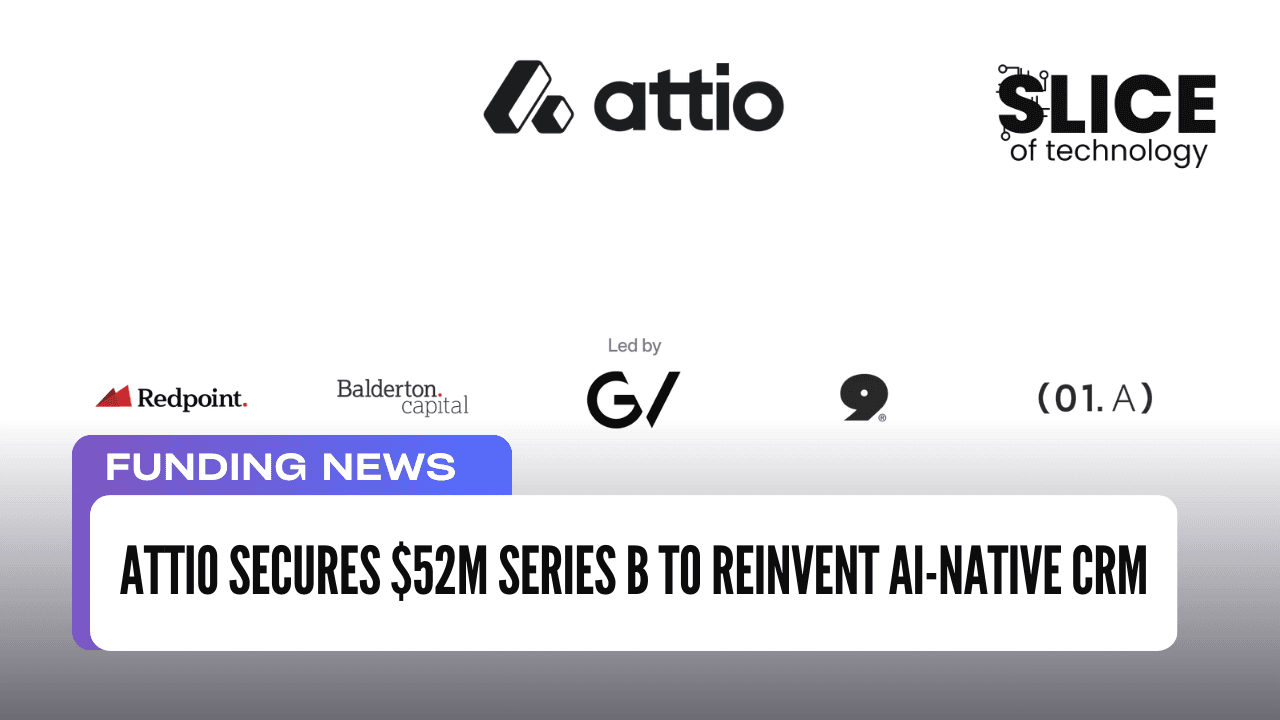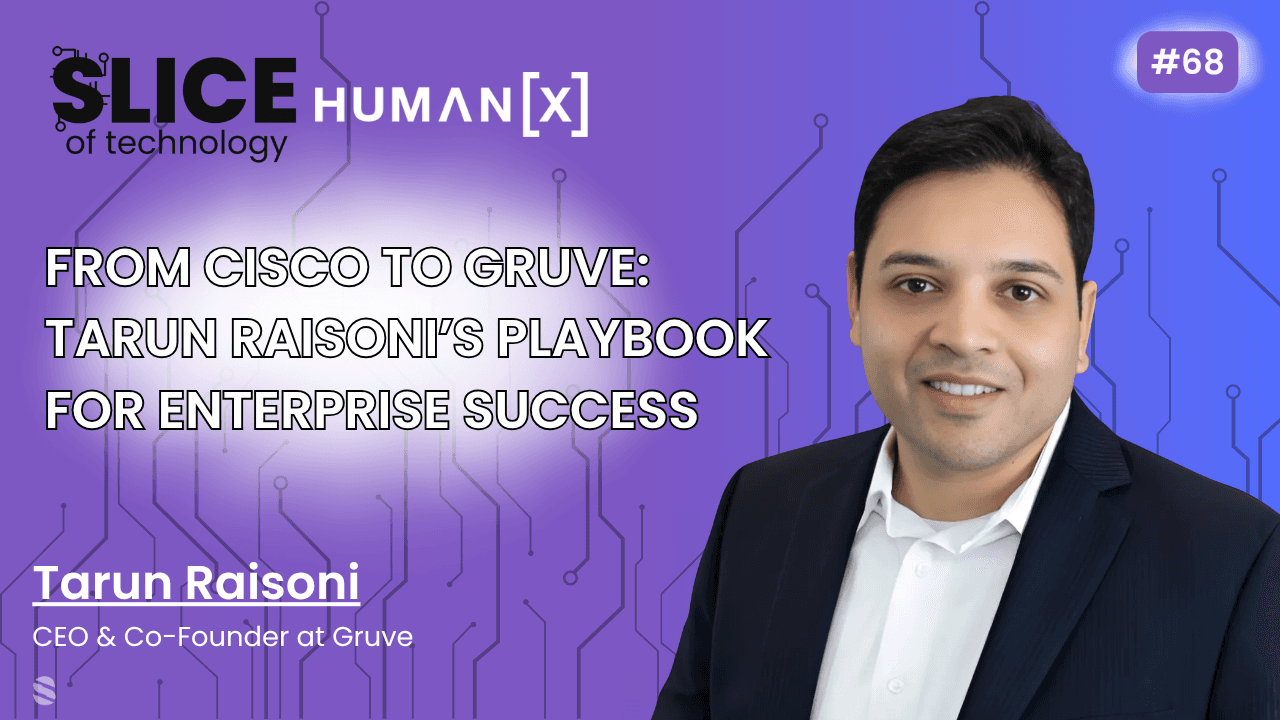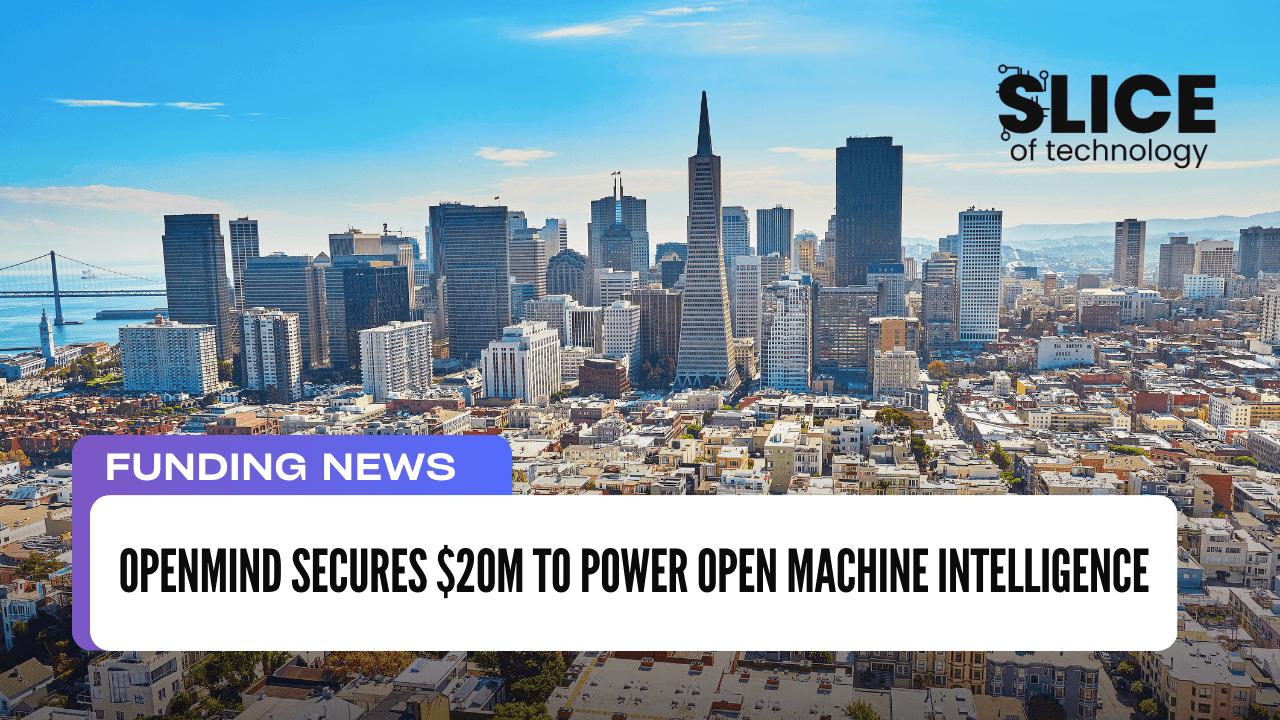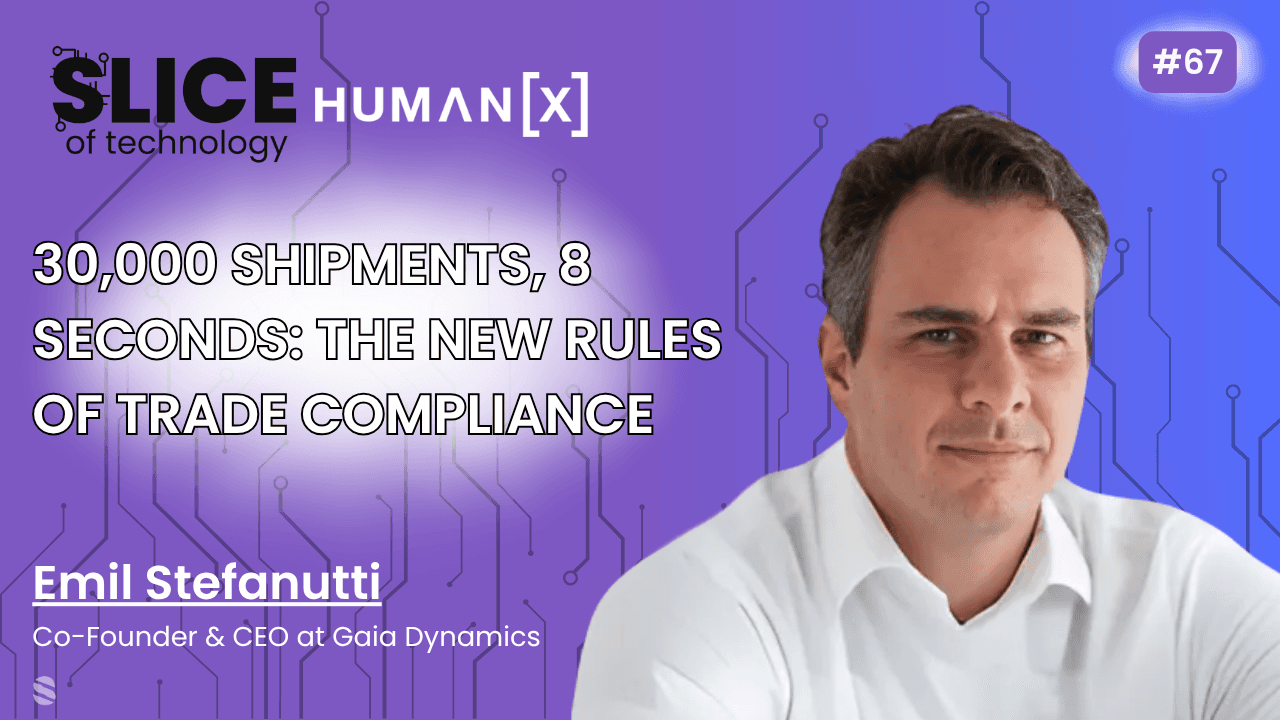
Why Nutanix's Chief AI Officer Thinks We're Still in the Wright Brothers Era of AI
AI has moved faster than anyone predicted. But according to Debo Dutta, Chief AI Officer at Nutanix, we're only just beginning to build the runway.
What Nutanix Does
At its core, Nutanix is a cloud platform software company. It helps enterprises run traditional and modern workloads—including AI—on any infrastructure they choose, whether on-premises, at the edge, or in the cloud.
From Genomics to Generative AI
Before joining Nutanix, Dutta was already deep into AI. He started his career using early machine learning to study genomic data, later diving into cloud computing and founding the AI benchmarking group ML Commons. As a visiting scholar at Stanford and now Chief AI Officer at Nutanix, he's seen every wave of AI's evolution.
When ChatGPT took off in 2022, Dutta expected enterprise adoption to take years. It happened in six months.
“I’m happy to be proved wrong,” he said. “It’s happening at such an incredible pace. I’ve never seen a time like this in my career.”
The Nutanix Difference
What sets Nutanix apart in the crowded enterprise AI space? Simplicity and pragmatism.
First, Nutanix offers what Dutta calls the "easy button"—a way to deploy LLM endpoints and agentic applications on any Kubernetes platform with minimal fuss. This includes the operational headaches that come after deployment, something most vendors gloss over.
Second, Nutanix doesn’t treat data and AI as separate problems. Their data platform helps enterprises connect models directly to their data for everything from reasoning and embeddings to guardrails and re-ranking.
Finally, they use what they sell. “We drink our own champagne,” said Dutta, pointing to how Nutanix applies the same AI tools internally that they offer to customers.
Who It Helps
The real impact, Dutta says, is in the enterprise trenches. Nutanix isn’t building for AI researchers or Silicon Valley startups. It’s building for software engineers, support staff, marketers—anyone whose work could be improved with intelligent automation.
The company studies how different roles spend their time and looks for bottlenecks where AI can make a difference. For developers, it might be code generation or debugging. For sales teams, something entirely different. But the approach is always grounded in real workflows.
The Least Talked-About Problem in Enterprise AI
For all the hype about AI taking jobs, Dutta sees the real issue as something less flashy: change management.
Deploying AI in an enterprise isn’t just about technology. It requires new processes, new infrastructure, and rethinking governance and privacy. Most companies aren’t talking enough about how to actually make that shift.
“There’s a skills gap,” he said. “Outside of hyperscalers and a few niche startups, not many teams have the muscle to do this on their own.”
A Three-Year Forecast
Dutta’s timeline for enterprise AI is clear. This year, simple agents. Next year, multi-agent systems. Year three, complex agents that act like “digital minions”—not full clones of workers, but tireless assistants that handle tedious tasks and boost productivity.
And as these agents evolve, infrastructure will need to follow. Most inference workloads, he predicts, won’t run in the cloud but on private infrastructure. Enterprises want control, security, and governance.
Looking Ahead
Nutanix is positioning itself to be the platform where this future unfolds. Their mission? Help customers land their next-generation data and AI workloads without the usual infrastructure headaches.
“We want them focused on business transformation,” said Dutta. “Not on building the plumbing.”



